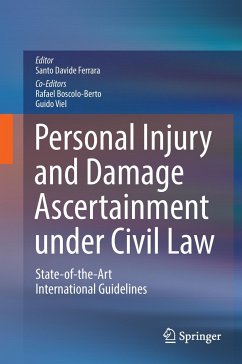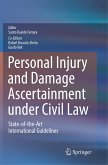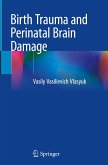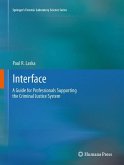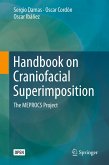This volume serves to provide an international overview of personal injury compensation in different geographical areas (15 countries already included), with a special focus on the methods used to ascertain the injury and the related damages. It also goes on to clarify the logical and methodological steps required for a sequential, in-depth ascertainment of any traumatic event and the related personal damage, both pecuniary and non-pecuniary. Personal injury is a legal term for an injury to thebody, mind or emotions suffered by the plaintiff under tort and/or civil lawregulations. Damages related to the injury can be pecuniary or non-pecuniary innature. Although several comparative studies and research projects on tort andcivil law and personal injury claims aimed at developing new tools forpromoting harmonization of private law have been performed at an internationallevel, heterogeneity and divergences still exist in the definition andcompensation of personal injury and damage across different national legislativesystems. The starting point for any awarding procedure should be a medical, or rather amedico-legal, assessment to gain evidence on the trauma or event causing theinjury, the mechanism of injury, the pre-existing health status of the injuredparty, and the health consequences of the injury (temporary and permanentimpairment, work incapacity, etc.). In order to pursue the ultimate goal of aninternational harmonization of personal injury compensation, it is of upmostimportance to define the quality requirements for the medico-legalascertainment methodology, which are essential for guaranteeing theobjectivity, rigor, and reproducibility of the data and the evidence collectionprocedure. Currently, there are no supra-national medico-legal guidelines dealingwith the ascertainment methodology of personal injury and damage under tort andcivil law.

